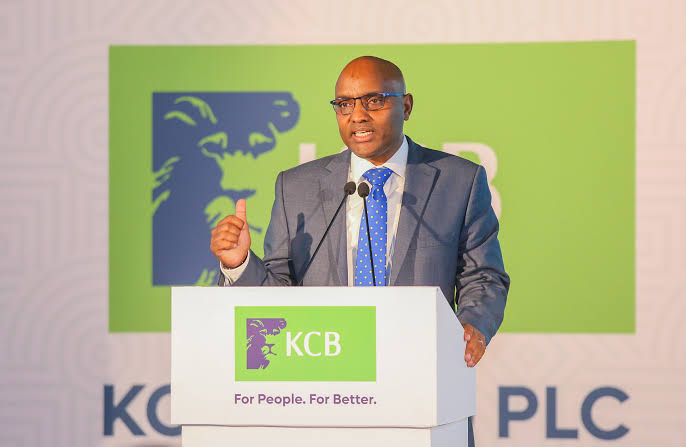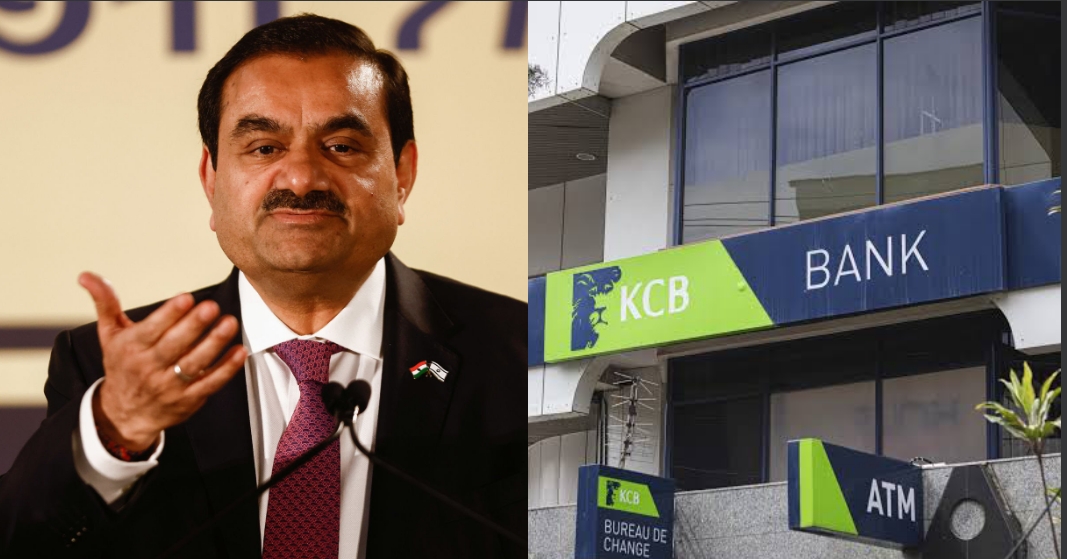KCB is facing serious backlash after being accused of helping indicted Indian billionaire Gautam Adani secure lucrative government contracts in Kenya.
The U.S. has imposed sanctions on the bank, claiming it facilitated questionable financial transactions tied to bribes and kickbacks.
According to a statement from the U.S. State Department, KCB allegedly played a key role in moving funds that were used to secure these deals for Adani’s company, the Adani Group.
The sanctions highlight concerns over the bank’s involvement in a scheme that undermines public trust and raises questions about financial institutions enabling corruption.

Indian-based tycoon Gautam Adani. Photo: The Star Source: Facebook
The controversy also involves Kenyan leaders Oscar Sudi and Kipchumba Murkomen, who are accused of soliciting bribes in exchange for awarding these contracts to Adani.
However, KCB’s role in facilitating the transactions places the bank at the centre of the scandal.
With U.S. sanctions in place, KCB is now barred from engaging with U.S. financial systems, adding pressure on the bank to address the allegations.
The silence from both KCB and Adani’s group has only fueled public curiosity and concern.

KCB CEO Russo speaks during a past event
As Kenya grapples with the fallout, this scandal has raised broader questions about the influence of foreign corporations on the country’s governance.
The banking sector, now under intense scrutiny, faces a challenging road ahead as the investigation continues.
All the same, it remains to be seen if the authorities in Kenya will be bold enough to take actions on the mentioned parties owing to the fact that two are close and trusted allies of Pres William Ruto and and his Kenya Kwanza govt at large.



